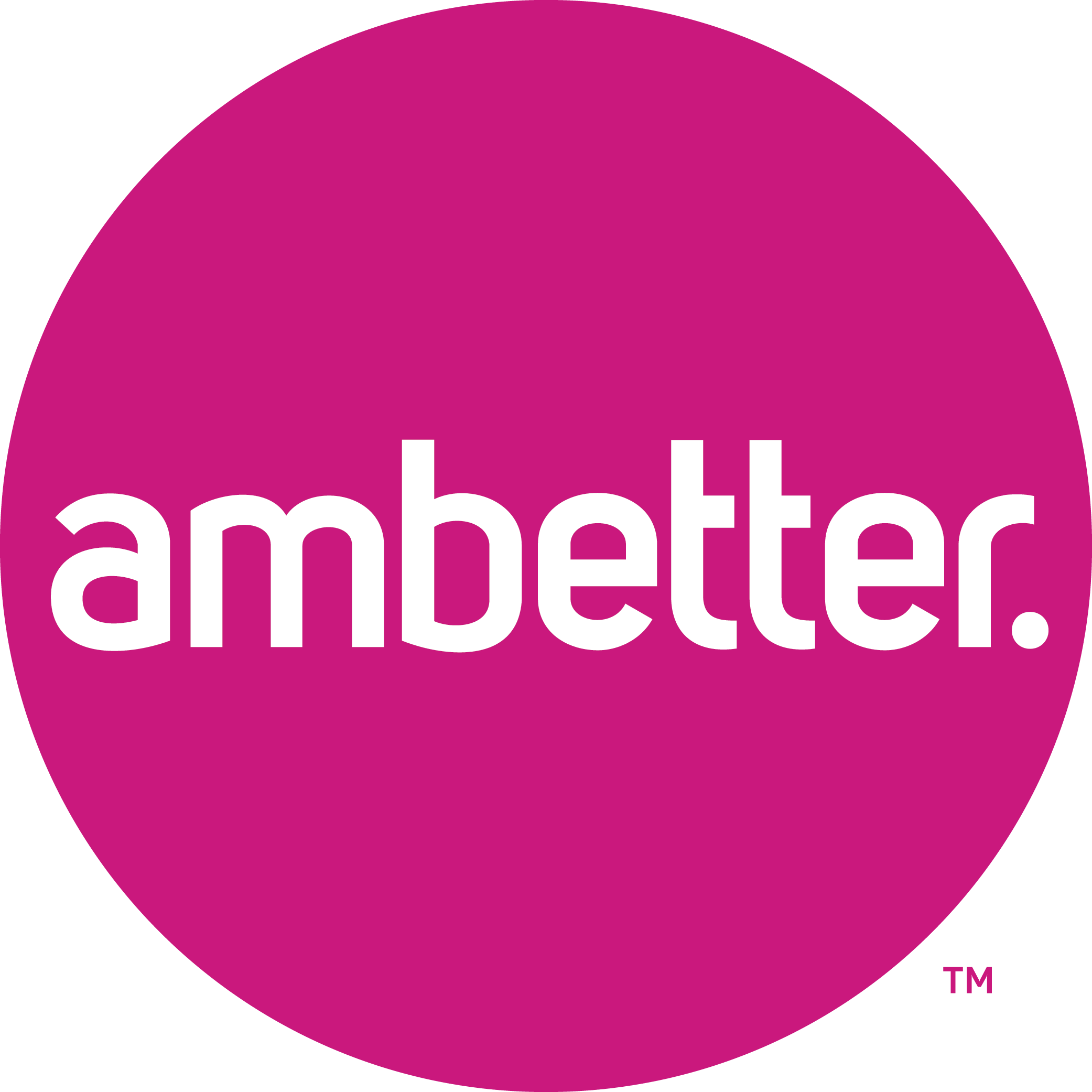It is important to recognize that LGBTQ people frequently encounter additional obstacles when seeking mental health care, such as locating a clinician that is LGBTQ-friendly, culturally competent, and aware of the particular difficulties this community faces. Banyan Treatment Centers Boca Raton seeks to offer useful details on LGBTQ mental health resources and the support options accessible to people who require them. Read on to learn how these treatment options can help you or a loved one find relief.
LGBTQ Mental Health Statistics
They say numbers don’t lie, and this is especially true regarding mental health in the LGBTQ community. The Trevor Project’s 2022 National Survey on LGBTQ Youth Mental Health highlights the very real challenges faced by this community, in particular those who are younger with far fewer resources than their elders.
These statistics include:1
- Nearly half (47%) of LGBTQ youth seriously considered attempting suicide in the past year.
- Over half (54%) reported that they had engaged in self-harm in the past year, including cutting, burning, or bruising themselves on purpose.
- One in three (33%) youth reported that they had experienced depressive symptoms in the past year, including feeling sad or hopeless almost every day for two or more weeks in a row.
- One in four (25%) reported that they had experienced a panic attack in the past year.
- More than one in four (28%) LGBTQ youth reported that they had experienced a generalized anxiety disorder in the past year.
- Transgender and nonbinary youth reported higher rates of mental health challenges compared to cisgender youth (those who identify with the sex they were assigned at birth), with over 60% of transgender and nonbinary youth reporting depressive symptoms in the past year.
- More than half (54%) of LGBTQ youth reported that they were less likely to receive mental health care due to fear of being out or being rejected by their families.
The Challenges of LGBTQ Mental Health
Often, individuals who identify as LGBTQ struggle with unique mental health issues that can harm them as a whole. A few of the issues that can have a serious effect on mental health include stigma, discrimination, and lack of acceptance from family and society. Feelings of shame, remorse, and self-doubt brought on by the stigma attached to being LGBTQ can lead to the development of mental health conditions like depression and anxiety.
An additional factor is the absence of acceptance and support from family and society, which can result in feelings of isolation. The difficulties facing LGBTQ mental health extend beyond the influence of external triggers. Minority stress, or the ongoing stress experienced by members of marginalized groups because of their identity, may also affect LGBTQ people. Minority stress can result from incidents of bias, discrimination, and harassment and can cause a variety of mental health problems, including post-traumatic stress disorder (PTSD), depression, and anxiety.
It can be difficult for LGBTQ people seeking mental health care to find a practitioner who is accepting of their needs. Numerous mental health professionals lack cultural competency when it comes to LGBTQ problems, which can result in incorrect diagnoses, poor treatment, or even care denial. Additionally, there is frequently a severe scarcity of LGBTQ-friendly mental health professionals as a result of inadequate representation and resources. This may make it harder for people to get the care they require and may make them feel even more alone and despondent. Therefore, it is essential that LGBTQ people have access to culturally competent mental health care that recognizes the particular difficulties this community faces.
The Importance of Self-Care for the LGBTQ Community
For all people, including those who identify as LGBTQ, self-care is a crucial component of sustaining good mental health. People who practice self-care can better control their stress levels, deal with challenging emotions, and maintain a general sense of well-being. Because of the additional stress and difficulties that come with being in a society that is frequently hostile to their identity, LGBTQ people may find self-care to be of particular importance.
Practices for taking care of oneself can take many different shapes, and what works for one person might not for another. Exercise, meditation, therapy, and quality family time are a few self-care routines that are widely used. Taking care of oneself can also be accomplished by participating in enjoyable activities like reading a good book or listening to music.
LGBTQ people must also prioritize self-care within their communities. This can entail establishing safe spaces, developing support systems, and taking part in an activity that advances LGBTQ visibility and rights. This may contribute to the development of a culture of care that supports the mental health and well-being of all members by making self-care practices a priority in their communities.
LGBTQ-Friendly Services for Mental Health
Our Boca Raton mental health facilities understand the importance of offering socially conscious care to each patient that needs it. It is crucial for people seeking mental health care to be open with their provider about their sexual orientation or gender identity since doing so enables the therapist to customize their treatment to the specific needs of the patient. People should feel comfortable asking their providers about their experience dealing with LGBTQ patients and any training they may have received because communication is essential to establishing a trustworthy and fruitful therapeutic relationship.
We work endlessly to ensure any patient that finds themselves in this situation has access to the care needed to recover. This includes treatment for a variety of mental health disorders, ranging from depression to anxiety, PTSD, and much more. Other options for Boca behavioral health care include therapy programs that give patients a chance to explore their struggles with the help of trained mental health professionals.
Don’t allow these problems to persist past the point of no return. Reach out to Banyan Boca mental health to learn more about the residential programs we offer and what they can do for you.
Source
- The Trevor Project - 2022 National Survey on LGBTQ Youth Mental Health
Related Reading



















